RECREATIONAL drug users caught with a small amount of cocaine or an ecstasy pill should not be charged, one of Queensland’s highest-ranked police officers says.
In a week in which the ACT legalised marijuana possession for personal use, Drug and Serious Crime Group Detective Superintendent Jon Wacker said police time was wasted and courts were clogged up with low-level offenders, when authorities should be targeting high-level kingpins.
Cannabis legalised for personal use in ACT in Australia-first
Cannabis legalisation undermines work of Strike Force Raptor: police association
The sensational comments from the state’s top drug police officer to instead caution users caught with small amounts of any drug would require law changes by the State Government.
“Why are we grabbing the 18-year-old kid down in the Valley for one eccie in his pocket and arresting and charging him and putting him through the court system when it’s just a stupid mistake?” Supt Wacker told The Courier-Mail.
“Job opportunities go out the window, travel opportunities go out the window.
“Law enforcement agencies have finite resources and for me we really need to start targeting the Mr Bigs.
“Targeting the low-level social users is probably cutting into our ability to stem the drug flow.
“And I think it’s time that we look to caution, divert and educate the social drug users.”
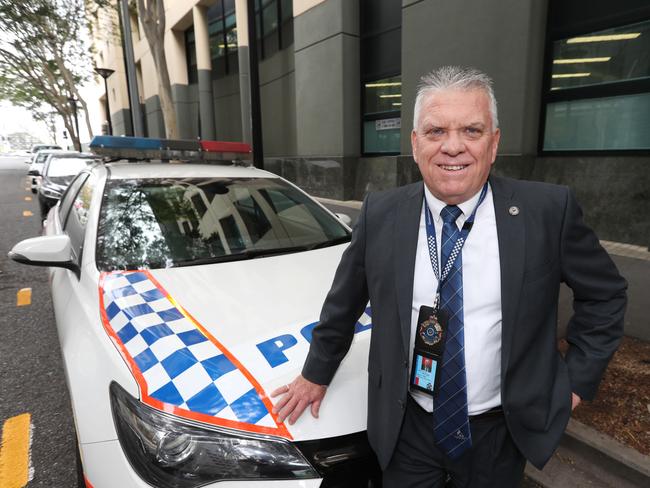
Queensland police officers can currently caution for marijuana use only, despite most states in Australia being able to caution for any drug.
Supt Wacker, who retires this year, said if he was asked five years ago he would be shocked to be making such statements, but his work in the state’s drug unit and 43 years of policing had made him realise a new strategy was needed.
“We should look at drug diversion for small amounts for illicit substances and pharmaceuticals,” he said.
“It would be a minute amount, for their own personal use.”
In August, Supt Wacker’s drug squad made the biggest MDMA bust in Queensland’s history, with the 766kg haul also the most pure in the state’s history.
“We’re getting record seizures across Australia,” he said.
“We haven’t cut the supply chain. The wastewater (analysis) will show you these seizures are not having significant impact on the availability of drugs. Australia is a very attractive market to the organised crime groups because of what the Australians are prepared to pay for illicit substances and pharmaceuticals.
“So I think we have to do something different because it’s not working at the moment.”
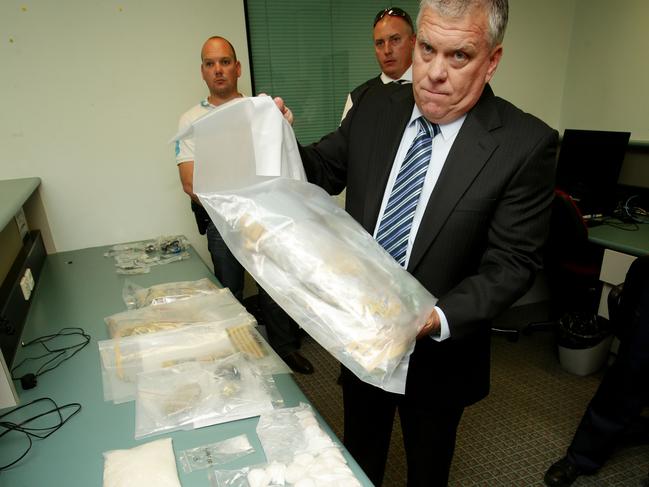
Queensland Police Service figures show officers make about 100 drug possession charges every day.
Supt Wacker said that in a 2016 snapshot one in eight Australians had admitted to using illegal drugs in the past 12 months.
Other QPS figures had showed almost three out of four people charged with drug offences did not come to the attention of police for another offence and if they did it was many years later.
Despite his controversial call, Supt Wacker said all illicit drugs were dangerous and could kill people. However, the majority of people were recreational users and not hardened criminals.
“They are young kids, they are professional people that may get caught with a small amount of cocaine … which ruins their livelihood,” he said.
“And I think everyone deserves a second chance.
“Drug diversion does work.”
The ACT this week legalised marijuana, allowing four plants per household and small amounts for personal use.
Police Minister Mark Ryan said the views and experience of Supt Wacker were “tremendously valuable”.
“He deserves to be listened to as do others on the issue,” he said.
“And we will always listen to the views of the community.”
Early assignment a brutal reality check
JON Wacker was a fresh-faced constable just weeks out of the police academy when he got the call.
An eight-year-old boy had grabbed a gun and killed his young friend.
Constable Wacker walked into the scene, an Ipswich house, in 1979.
Aged just 19 himself, he walked out a different man, the eye-opening moment leading him to realise the serious life-and-death nature of the job as police officer.
He would later become one of Queensland’s most prominent detectives.
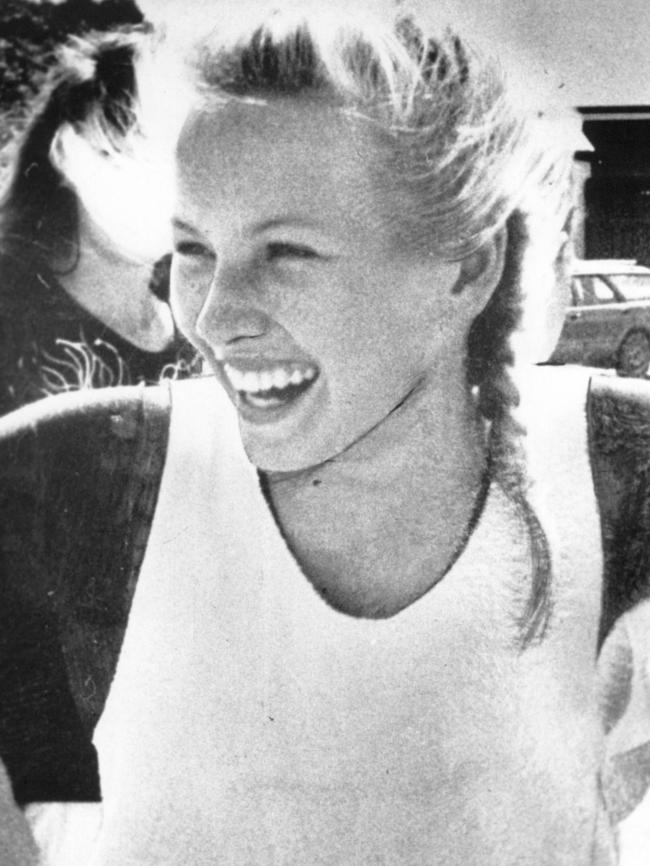
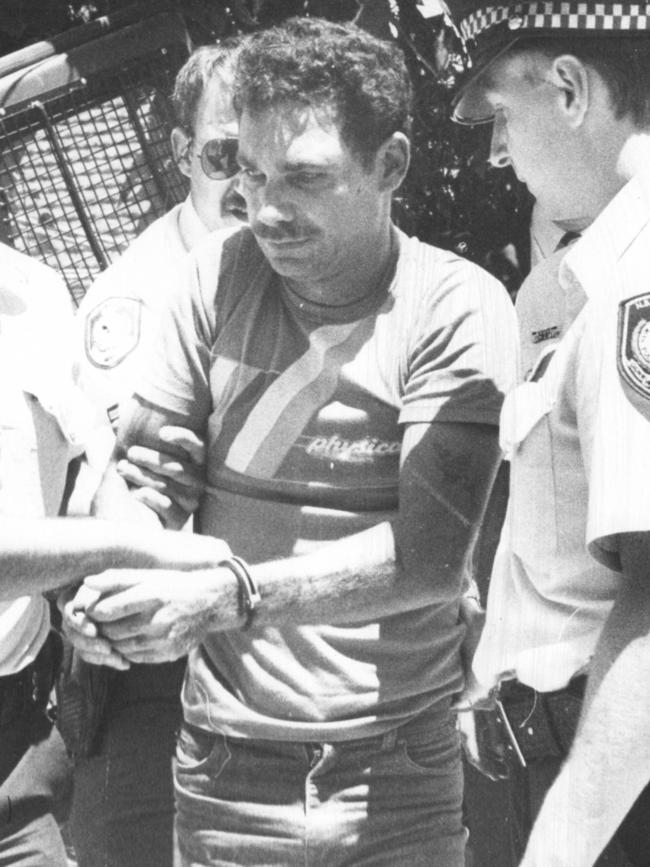
“I can still see the kid sitting at the kitchen table and I sat out on the back steps with the eight-year-old boy who had a tea towel and he just kept wrapping it around and around his hand,” Detective Superintendent Wacker said.
“I put my arm around him. That night I went home and I got pissed.”
Superintendent Wacker, now leading the state’s Drug and Serious Crime Group, says a lot has changed since those days and the QPS has taken steps to implement support mechanisms for officers confronting horrendous situations daily while also providing a mental health program as a priority.
He is preparing to retire after a career spanning 43 years in which he helped solve some of the state’s most high-profile investigations.
But it all could have turned out differently.
Supt Wacker was a talented football player, was coached by Wayne Bennett at the police academy and lived with fellow officer and league champion Mal Meninga.
“I always thought I might make something out of football but always wanted to be a copper,” Supt Wacker said.
“I was playing football at Souths in the lower grades at the time I needed a job … I lived in a house with four other footballing coppers, myself, Meninga, Peter McIlwain, we were all at Souths.”

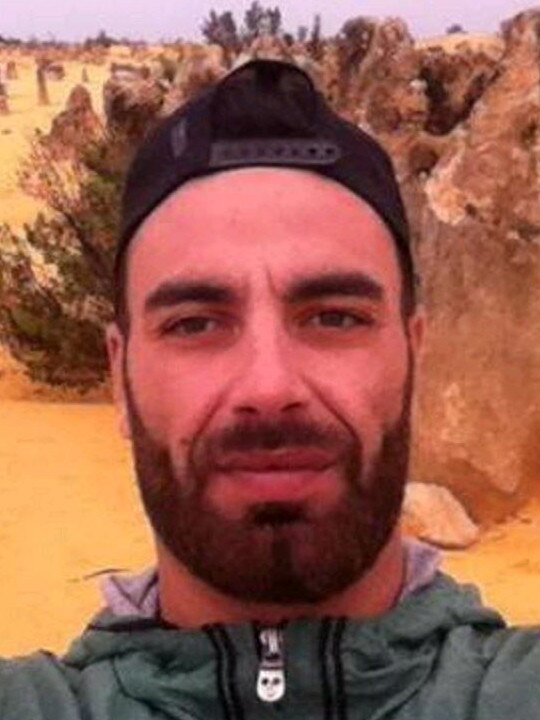
A third-generation policeman, following in the footsteps of his father and grandfather, the schoolboy from Rockhampton walked into the academy when he was 15. His father died when he was 11, leaving his mother to bring him up with his sister.
During his career Supt Wacker worked at Ipswich, Nambour and in criminal investigation branches on the Sunshine Coast and Gold Coast. He was in charge at Mount Gravatt before returning to Rockhampton regional crime co-ordinator in 2007.
He became heavily involved in rugby league and surf clubs, which he says has always been his “escape”.
In murder investigations, he says, there are no winners.
“But the satisfaction of locking a person up that’s taken another person’s life is very rewarding,” he said.
There are two high-profile murder cases he says will stay with him forever.
He was working the 4-12pm shift at Maroochydore when he got the call that 12-year-old schoolgirl Sian Kingi had disappeared from Noosaville.
“I can still see her bike that she was abducted off,” Supt Wacker said. “I can still see the look of terror in her parents’ eyes when they were back at the police station.”
Married couple Barrie John Watts and Valmae Faye Beck were charged with murder within two weeks.
The other case is the murder of Kathryn Daley in Gladstone, who was abducted and brutally raped and killed in 2008.
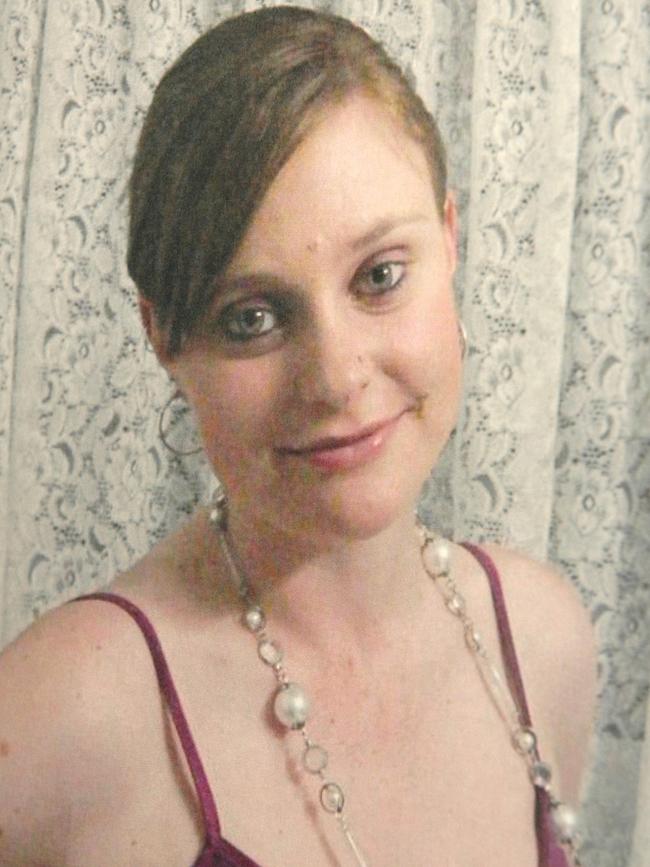
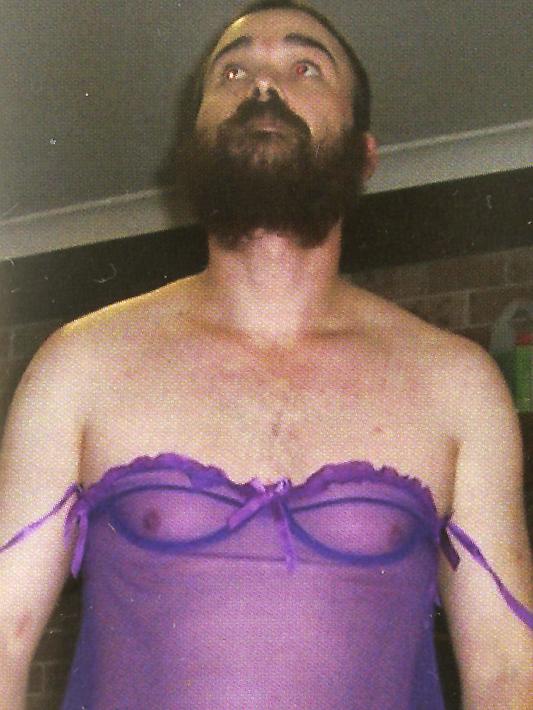
“That investigation went for something like 73 days,” Supt Wacker said.
“The tenacity of the investigators, scenes of crime, forensics, the interstate cohesion between us and NSW, it was fantastic.
“We had the unknown DNA inside of the jeans which matched a drop of blood at a break and enter in 2000 around Parramatta in Sydney.
“We were able to identify a person who used to live in that house, Grant Meredith, and as a result of that we identified he was living in the Gladstone area.”
But some of the biggest wins for Supt Wacker would come after he took the helm of the state’s Drug and Serious Crime Group in 2012.
Some of those major investigations include:
● Queensland’s largest MDMA drug bust of 766kg;
● A double-murder at Home Hill involving two British backpackers killed by a crazed French national; and
● The national strawberry contamination scare last year, in which DNA found on a needle was linked to a Queensland woman.
“If you would have told me 10 years ago I’d be part of a team that arrested a woman for putting a needle in a strawberry … I would have said you are kidding,” Supt Wacker said of DNA technology advancements.
While Supt Wacker is preparing to hang up his hat for the last time, starting pre-retirement leave in November, his daughter will start at the police academy on Monday, continuing a family tradition.
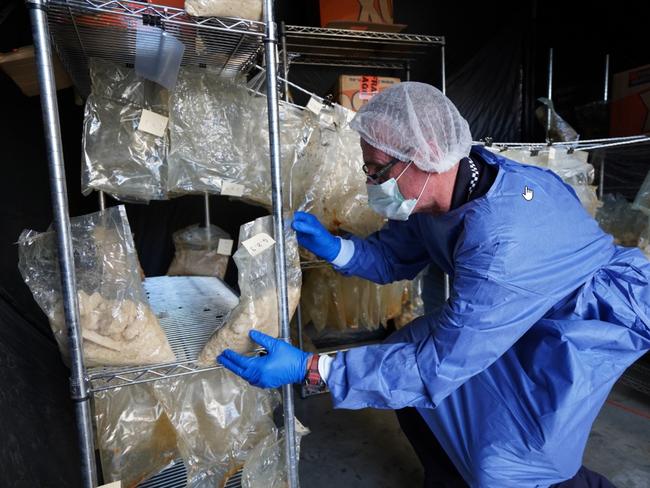

Add your comment to this story
To join the conversation, please log in. Don't have an account? Register
Join the conversation, you are commenting as Logout
Major update on Janine Balding murder case
A new DNA test will be conducted in the investigation into Janine Balding’s horrific murder, as jailed killer Stephen “Shorty” Jamieson fights for his conviction to be quashed.
Woman claiming to be Madeleine McCann arrested
A Polish woman who claims to be missing British toddler Madeleine McCann has been arrested at a UK airport.